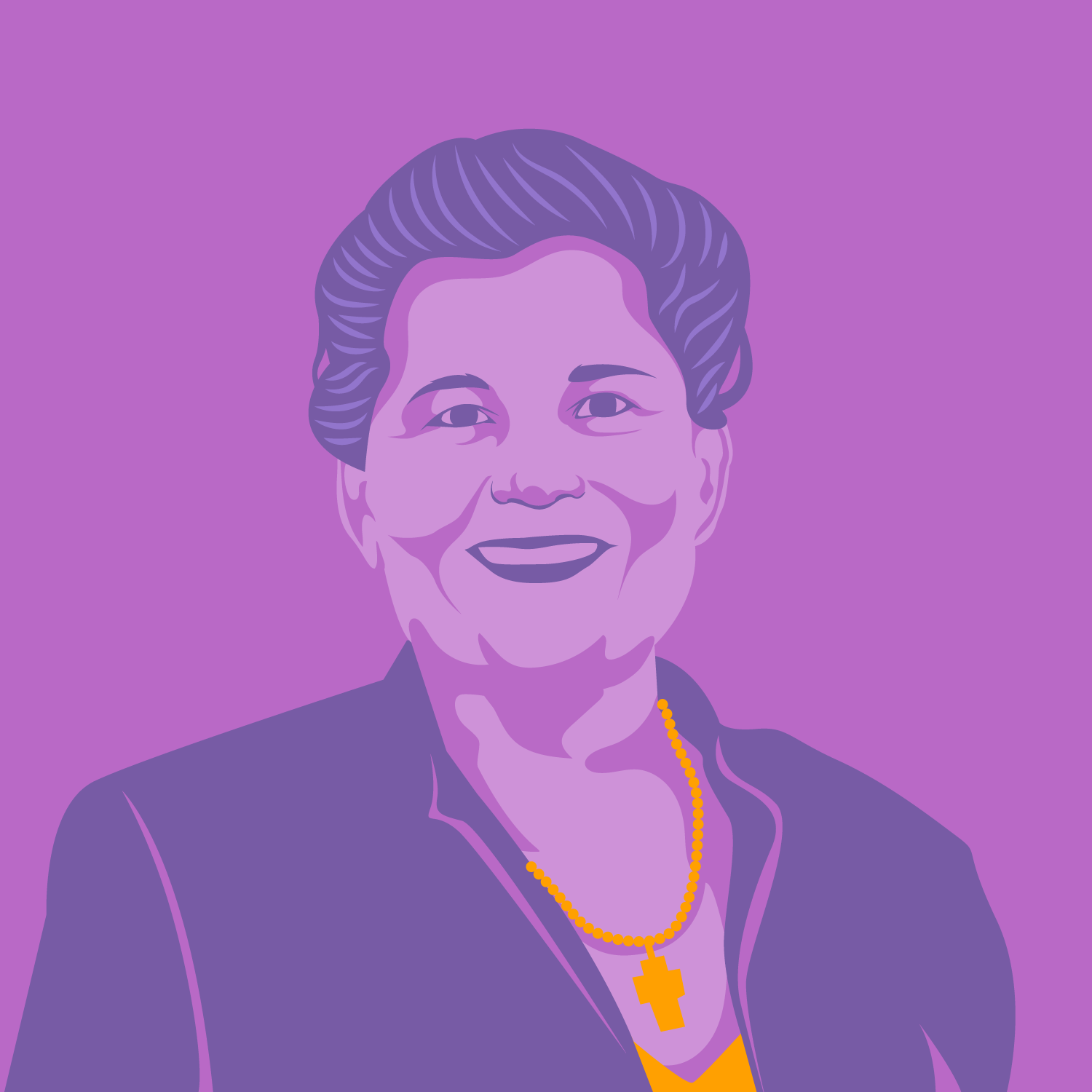Four score and seven years ago our fathers brought forth on this continent, a new nation, conceived in Liberty, and dedicated to the proposition that all men are created equal.
Randy Barnett: The Declaration of Independence was a promissory note, which did not get fulfilled at the time the Constitution was enacted. The Constitution that was enacted enabled, empowered states to abolish slavery themselves, which is what Northern states decided to do. Some of them gradually, some of them less than gradually.
Lucas Morel: The question is really a question of prudence. If you can't do everything at once, does that mean you shouldn't even make the attempt? People are shocked and surprised that the Founders claimed human rights on the one hand, but enslaved people on the other.
Gordon Wood: Now these are human beings caught up in a system that they had inherited and they were certainly aware of how wrong it was. There's no, there's no one, no founder that I know of who actually said it was a good thing. That comes later. That's a later generation tried to justify slavery. There are successive generations in the South who tried to turn slavery into a positive good and to deny the reality of the Declaration. But for the Revolutionary generation, there's none of the leaders who justify slavery, they all feel it is wrong, it's morally wrong, and it's inconsistent with everything the Revolution is about.
Lynn Uzzell: And therefore, one of the things that we find surprising today is that there was nobody at the time who criticized the Constitution for not putting slavery on the road to abolition. Even the abolitionist societies never expected such an outcome. The most that they wanted, the most that they were trying for was an immediate end to the international slave trade. The movement to have a nationwide abolition of slavery is something that progressed after the Constitution was framed.
John Harrison: I think one thing to understand in thinking about that debate is to understand the range of views among people who were anti-slavery. A lot of people who were opposed to slavery thought that the only way to eliminate it was to eliminate it gradually.
Randy Barnett: The assumption that the Founders had is that slavery was an economic dying institution, and so all you needed was a Constitutional framework, which would allow it to die out state by state, as it had been dying out state by state. This did not anticipate that slavery would become extremely economically valuable
Lynn Uzzell: Over the years, members in the deep South became more and more aggressive about arguing in favor of the institution of slavery itself. But there were other changes that also led to the South becoming more entrenched and more attached to the institution of slavery. And one of those changes was the invention of the cotton gin.
Gordon Wood: The antebellum South flourishes because they have discovered a new staple to replace tobacco and rice and that's cotton. And so once they had a staple then this new staple, international staple, then the South really remains very much a what it had been in the Colonial period, a hierarchical society, a plantation society sustained by slavery.
Randy Barnett: Plantation slavery to raise cotton became extremely lucrative. With the extra money came the incentive to develop a pro-slavery ideology for the first time.
Lynn Uzzell: What happened after the founding generation is a whole cadre of new politicians who sought to renounce the Declaration. All right? You've got John C. Calhoun who is saying all those principles in the Declaration of independence. That was a mistake. You've got Justice Taney and the Dred Scott decision saying, reformulating the words of the declaration to say that when it said all men are created equal, it just meant all white men. It didn't mean all men.
John Harrison: It's important to understand that the pro-slavery legal theorists in the Antebellum period developed an idea about how the Constitution protected slavery that went well beyond anything that it did explicitly. In the Antebellum period and for most of the 19th century, everybody's favorite example of a piece of legislation that would be unconstitutional was one that took the property of A and gave it to B. That was the template of arbitrary government, both before and after the Civil War. The great divide between the pro-slavery and the anti-slavery people was on the question, well, what is somebody's property? And in particular, is it possible to have property in somebody else?
Lucas Morel: The Founding moment in the United States is when we, unlike all the other slave owning societies in the world that practice the same institution. Unlike them, we slaveholders, if you will, serious “we” there, we slaveholders decided, "You know what? We want to create a society where slavery isn't the predominant principle." But freedom, the rights that people have by nature. We are going to establish our society on those principles, on those self-evident truths, on those grounds, the laws of nature and nature's God as Jefferson put it.
Lynn Uzzell: So you've got various ways in which Southern actors were trying to repudiate or alter the words of the Declaration so that they did not have to deal with this problem of hypocrisy. And that's why you've got to figure like Abraham Lincoln, who in his speeches always said that he wanted to reestablish the words of the Declaration of Independence because only by recognizing that hypocrisy, that distance between our ideals and our actions can we improve our actions.
Randy Barnett: At that point, the Declaration becomes a weapon in the hand of the anti-slavery movement to the point where many pro-slavery advocates had to dismiss and disparage the Declaration as being, in the words of one of them, "A farrago of nonsense." It wasn't like they didn't understand that the Declaration was antithetical to slavery, they just had to attack the Declaration as a farrago of nonsense because it was so inimical to slavery.
Lucas Morel: Remember, there was a time where not a majority but a goodly number of white Americans in this country decided that their rights were dependent on their race and not their humanity. They were known as secessionists. They were known as Confederates. Thankfully in that physical war, a majority white population decided to hold on to the Constitution, hold onto the Declaration of Independence and hold on to the political way of thinking about the justification for their rights being in their humanity, not in their race.
Now we are engaged in a great civil war, testing whether that nation, or any nation so conceived and so dedicated, can long endure. We are met on a great battle-field of that war.
Lucas Morel: That for me is the key to American history. The key to America's political development, which we could understand as one long running civil rights movement.
Gordon Wood: Well, the Civil War is in a sense the culmination of the Revolution. It's kind of the final stage of the Revolution.
We here highly resolve that these dead shall not have died in vain -- that this nation, under God, shall have a new birth of freedom -- and that government of the people, by the people, for the people, shall not perish from the earth.











